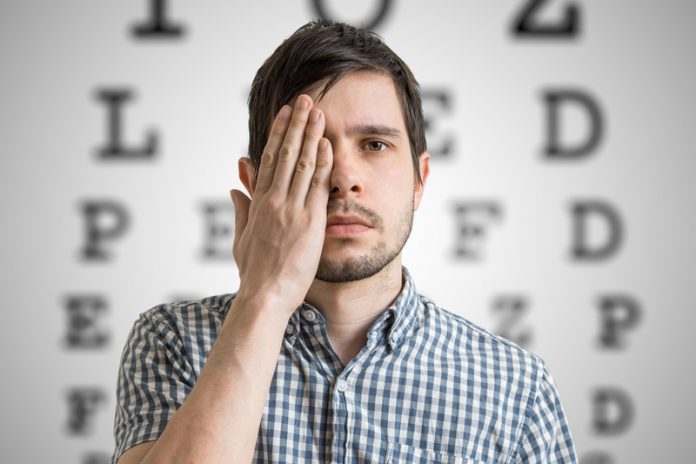Brits risk long-term damage to their eyesight and even blindness, by binge drinking and indulging in periods of prolonged heavy drinking, warn health experts at Optical Express ahead of Alcohol Awareness Week
Alcohol Awareness Week, which runs from 19 to 25 November, aims to encourage people to think about drinking alcohol and how it affects us as individuals, families and communities. Most people are aware of the detrimental impact alcohol abuse can have on the body, but people are less aware of the effects on our eyes.
Amy Laux, Clinical Governance Manager at Optical Express, has warned that the toxins in alcohol can damage the optic nerve and affect vision stating: “Apart from well-known physical changes such as ‘red eye’, a common symptom of dry eye, alcohol also reduces brain activity, which can lead to poor co-ordination in eye muscles causing distorted or sometimes double vision..”
Dry eye can occur after increased consumption of alcohol and typically causes symptoms such as gritty and uncomfortable eyes. The symptoms of dry eye can be relieved with the use of lubricating eye drops. In some cases, therapeutic procedures such as Lipiflow can provide a prolonged reduction in symptoms and reduce the reliance on eye drops. Lipiflow applies gentle heat whilst massaging the eyelids and is available at Optical Express.
In addition to the wealth of short-term problems that alcohol can cause, there is a significant risk of long-term problems that heavy drinkers expose themselves to.
Amy comments further that, “Alcohol is linked to over sixty medical conditions and can be the trigger for early onset of age-related macular degeneration, causing a drinker to lose focus in their central field of vision. It’s really important for people to understand the long-term health implications that binge drinking can bring with it.
“Regularly exceeding the recommended maximum weekly intake of 14 units can have a negative impact on your general health. Prolonged heavy drinking can also severely impact eye health and cause eye conditions such as AMD (Age-Related Macular Degeneration), cataracts and optic neuropathy, all of which can lead to blindness.”
Amy added: “With the festive season fast approaching, we strongly advise that people stick to the recommended guidelines of alcohol consumption i.e. not to drink more than 14 units a week on a regular basis, as those who exceed this could be putting their eyesight in danger. To protect our sight as much as we can, we suggest booking an eye test at least once every two years, unless your optometrist advises otherwise or you notice a change or abnormality in your sight.”











